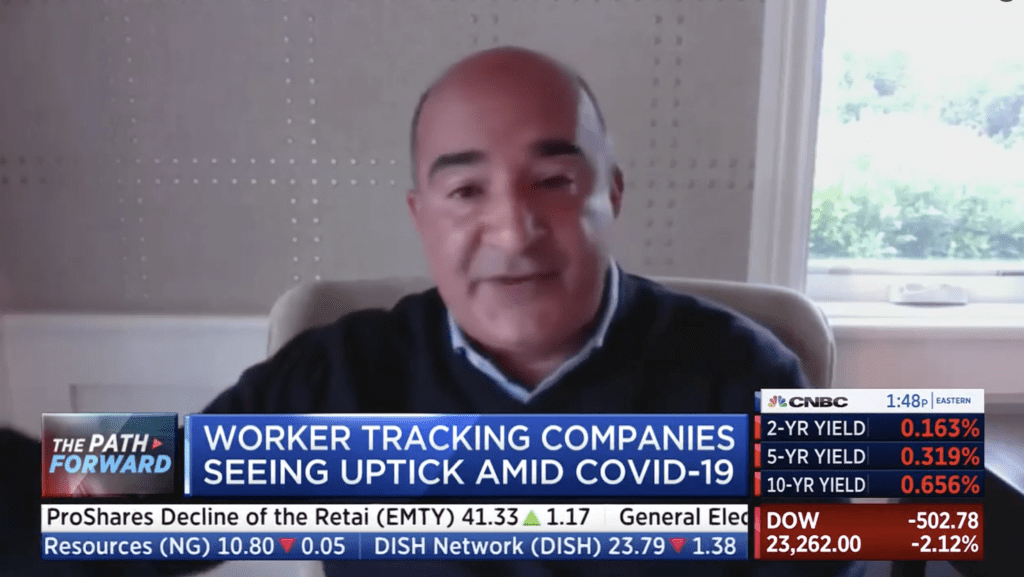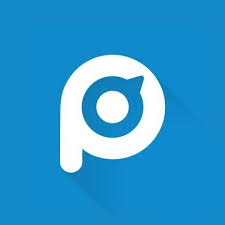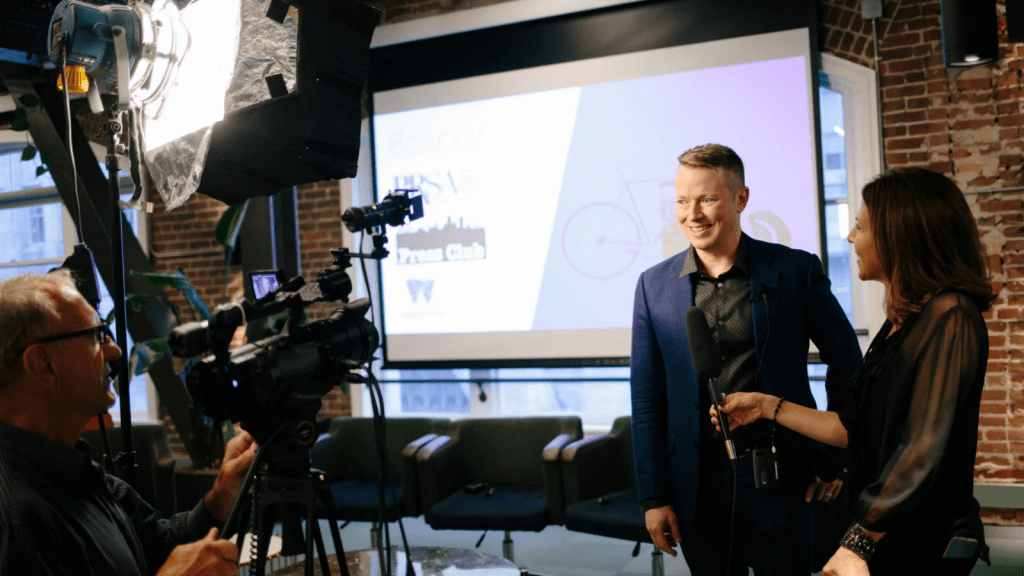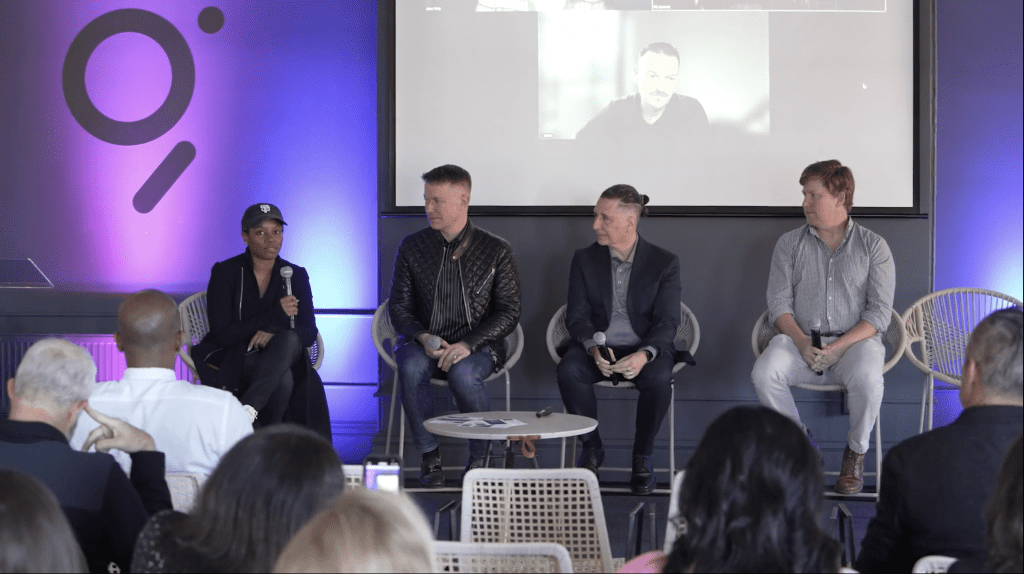 How productive are remote workers?
How productive are remote workers?
That’s a question near the top of many business leaders’ agendas of late given the sudden and dramatic move to remote workforces. It’s also tailor-made for Prodoscore to answer.
Prodoscore builds employee productivity software that pulls already existing data from various business applications and generates a productivity “score” – similar to a credit FICO score – that is shared with the individual employee and their manager each day.
While the company officially launched in 2018 and soon thereafter had a roster of high-profile clients – including Vonage – they hadn’t cracked the mainstream media prior to COVID-19 and the changes it brought. By April, with the onset of shelter-in-place orders that forced most employees to work at home, Prodoscore’s “moment” had arrived.
The Situation
With the huge influx of remote workers, Prodoscore wanted to see if employees were more or less productive out of the office. What they found was shocking.
After looking at 100 million data points across 30,000 of their users, Prodoscore found that employees were 47% more productive in March and April this year. This means that employees working from home post-COVID-19 have been more productive than when they were in the office. And that was just one statistic from a broader internal data pull.
The challenge for Prodoscore: getting this timely and relevant data out to the world – and doing it quickly.
Strategy
Prodoscore had a good story and strong proprietary data to back it up, but most remote workforce stories focused on spyware and surveillance technology. That’s not Prodoscore’s product or mentality.
Their strategy to achieve the aforementioned goal? Engage Bospar to help them break away from the spyware and surveillance narrative and establish themselves as a productivity tool that can help organizations get the most out of their workers.
Bospar’s immediate take on the situation: we knew we had to act fast to differentiate Prodoscore by developing a program that would showcase them as experts in productivity, demonstrate how the software works, and make it clear why it’s an indispensable tool.
Execution
To show the true breadth of Prodoscore’s solution, Bospar met with the company’s data scientist to gather internal data about trends in productivity. From there, we developed a comprehensive media list, inclusive of media and analyst contacts covering:
- Business
- Technology
- HR
- Workforce experts covering remote working, future of work and other related topics
- Sales
List in place, we aggressively pitched this data to all relevant media properties and journalists. And, given the broad appeal of the story, we also developed b-roll to send to all broadcast outlets to give them a well-rounded narrative.
Media Coverage
The first big hit came almost immediately. PR secured a virtual interview for Sam Naficy, Prodoscore’s CEO, and a Vonage executive to speak with CNBC’s Eric Chemi about their software and differentiate it from spyware and other surveillance tools. This resulted in both a TV opportunity and an accompanying online piece.
After the CNBC story ran, our team pitched the productivity data findings far and wide and quickly secured a feature story in Forbes. Forbes reported that:
“Without using spyware or capturing keystrokes, a California-based company has tracked a 47% increase in worker productivity. Based on non-invasive technology that doesn’t grab user passwords, credit card info or other sensitive data, an eye-opening survey shows that smart companies are gaining ground by having workers work from home. What does the data tell us about how employees and team leaders can maximize output during the new normal?”
MarketWatch also picked up the data as part of a larger trend story, saying:
“The COVID-19 pandemic forcing those who could work from home to do so has led to a surprising result — improved productivity. U.S. workers were 47% more productive in March and April than in the same two months a year ago through cloud-based business tools, chat applications and email, according to an analysis of 100 million data points from 30,000 Americans by workplace-monitoring company Prodoscore.”
With additional placements in HR.com, BBC, and various local TV stations, Prodoscore’s message was officially out in the world.
Results
Bospar’s efforts resulted in 30 pieces of coverage over the next few weeks, representing a 430% increase in coverage YoY.
The very moment the CNBC piece aired on TV, Prodoscore received a huge influx in inbound calls about the service. Each time new coverage is placed, the client estimates a big bump.
The net-net: the media coverage secured by Bospar significantly contributed to Prodoscore’s success and growing pipeline over the last couple of months, with a tremendous increase in potential revenue as well as opportunities in play.
“Bospar came up with the idea of pulling and promoting our internal data as a way to insert Prodoscore into the remote work conversation happening in the media. Then they mobilized quickly to leverage the data into media pitches and a press release for wider visibility,” commented Nadine Sarraf, Prodoscore’s CMO. “We knew that Prodoscore belonged in the conversation, and we had relevant and timely insights to add, but overcoming the hurdle to actually getting there was where Bospar added tremendous value and expertise. The results have been stellar.”



